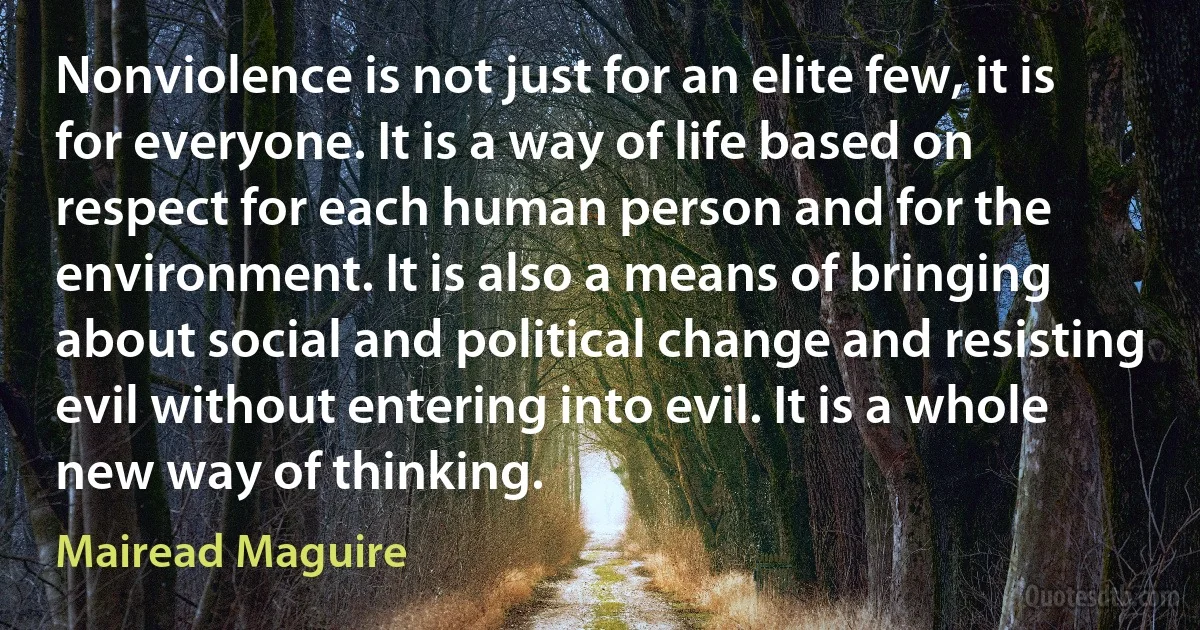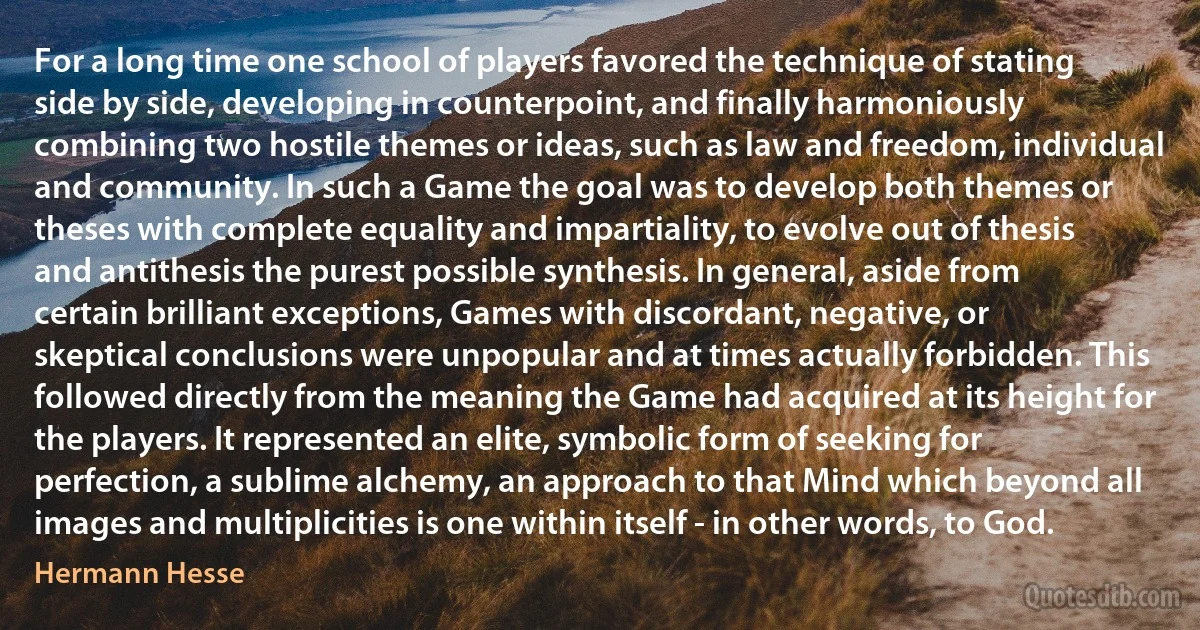Elite Quotes - page 14
At long last, shortly before he would turn 100, Khushwant Singh has gone. India loses a pleasant writer and frequently humorous political and social commentator. He was a forthright spokesman of the Nehruvian English-speaking elite, at one time even the direct press chief of Jawaharlal Nehru himself... But he had the virtue of being able to take a laugh at himself, much in contrast to the pompousness and self-importance of most secularists.

Khushwant Singh
Where words lose their meaning, people are about to lose their freedom...By this standard, India is in some real danger, for the elite does use some Newspeak frequently... Thus demanding a Civil Code common to all citizens... counts as anti-secular... When Kashmiri Hindus have to flee their homes after reading open threats in the Urdu papers and seeing relatives butchered, they are called "migrants"; but when Bangladeshi Muslims terrorize their Hindu neighbours and then migrate from their Islamic state to India in search of job opportunities, they are called "refugees". This type of inversion of word meanings is part of a wider mind-set of mendaciousness expressed through more ordinary lies, often of breathtaking effrontery. Thus only in the Orwellian world of Indian secularism is it possible to denounce as "vicious hate propaganda" the VHP's factual observation that the Christian missionaries aim for the complete conversion of India...

Koenraad Elst
The rewards of an increasingly integrated global economy have brought forth a new global elite. Labeled 'Davos Men', 'gold-collar workers' or 'cosmocrats', this emerging class is empowered by new notions of global connectedness... Estimated to number about 20 million in 2000, of whom 40 percent were American, this elite is expected to double in size by 2010. Comprising fewer than 4 percent of the American people, these transnationalists have little need for national loyalty, view national boundaries as obstacles that thankfully are vanishing, and see national governments as residues from the past whose only useful function is to facilitate the elite's global operations.

Samuel P. Huntington
In the bardic tradition, art was understood as magic, the guy who could paint on the cave wall, he was a magician. The idea of representation was a magical idea. Then something happened, and then we all started to believe we were entertainers, and it was just a job, an aesthetic Thatcherism was imposed and we all thought "oh shit, there isn't an art union and we're lucky to have a job. We better accept that we're just the court jesters, and all we are here to do is keep the masses happy, write some more pot-boilers, we are magicians, we are not gods.” Which in fact we are. We just forget that. We forgot our searing power and lost it, as a result. This is not a searing power coming from an elite of artists that I'm talking about, this is an inherent human power that all of us have the possibility of contacting.

Alan Moore
I am not astonished that we receive so many enthusiastic responses to our Peace Banner. The past is filled with deplorable, sad and irreparable destructions. We see that not only in times of war but also during other errors, creations of human genius are destroyed. At the same time the elite of humanity understand that no evolution is possible without the cumulations of Culture. We understand how indescribably difficult are the ways of Culture. Hence the more carefully must we guard the paths which lead to it. It is our duty to create for the young generation traditions of Culture; where there is Culture, there is Peace; there is achievement; there is the right solution for the difficult social problems. Culture is the accumulation of highest Bliss, highest Beauty, highest Knowledge.

Nicholas Roerich
The hard core, the outlaw elite, were the Hell's Angels... wearing the winged death's-head on the back of their sleeveless jackets and packing their "mamas" behind them on big "chopped hogs." They rode with a fine unwashed arrogance, secure in their reputation as the rottenest motorcycle gang in the whole history of Christendom.

Hunter S. Thompson
"The modern Indo-Aryan languages are not descendants of the Rigvedic dialects, but of other dialects which were contemporaneous with the Rigvedic dialects, but which belonged to a different section of Indo-European speech (the Inner Indo-European section). The Vedic dialects died away in the course of time, and their speech area [....] was taken over by the Inner Indo-European dialects. But long before they died away, the Vedic dialects had set in motion a powerful wave of a cult movement which covered the entire nation in its sweep. This Vedic cult also finally gave way to the local pan-Indian religion of the Inner-Indo-Europeans and Dravidian-language speakers, but continued to remain in force as the elite layer of this pan-Indian religion” (TALAGERI 1993a:230).

Shrikant Talageri
It is true that some percentage of bright people really do not test well, but most of the time the only thing about "common man's intelligence" that is indubitably true is that it is common. The concept of some ephemeral, elusive nonverbal intelligence simply allows one to impute intelligence to anyone who strikes your fancy. ... Eliminating standardized tests allows the cognitive elite to manipulate the soft stuff in ways the less-often-washed cannot. Mount Holyoke has accomplished nothing more than replacing a tyranny of merit with a tyranny of privilege.

Ann Coulter
The idea of Active Citizenship is a necessary complement to that of the enterprise culture. Public service may once have been the duty of an elite, but today it is the responsibility of all who have time or money to spare. Modern capitalism has democratised the ownership of property, and we are now witnessing the democratisation of responsible citizenship.

Douglas Hurd
Once a media group is powerful for long enough it starts to enter into a relationship with other powerful groups, that is very natural, because other powerful groups seek its favour, seek to make deals and agreements with it, and the individuals who run it. And it starts to stop seeing itself as a group that holds powerful groups to account and starts seeing itself as part of the social network of the elite.

Julian Assange
Max Lerner, an educator, journalist and student of American civilization who was for many years a syndicated columnist for The New York Post, died yesterday... He was 89 ... Mr. Lerner was one of the more conspicuous of the post-World War II nonfiction writers, a humanist whose unabashed liberal conscience led him to the political barricades for more than three decades. Many of his concerns now seem prescient. In 1959, for example, in a speech at Douglass College in New Brunswick, N.J., Mr. Lerner called for the formation of an antiwar elite, making it clear that he was worried about what he saw as growing mediocrity among American students.

Max Lerner
Many Britons...feel strongly about something which was once called "the alien wedge". And surely it cannot be doubted, even by those who profess allegiance to the "multicultural society", that our society, unlike America, is not of that kind, and therefore that immigration cannot be an object of merely passive contemplation on the part of the present citizenship. There is perhaps no greater sign of the strength of liberalism (a strength which issues, not from popular consensus, but from the political power of the liberal elite) than that it has made it impossible for any but the circumlocutory to argue that the English, the Scots and the Welsh have a prior claim to the benefits of the civilization that their ancestors created, which entitles them to reserve its benefits for themselves.

Roger Scruton
As Hegel called the place at the end of philosophy the "place of truth," so Marx thought that the proletariat occupies this favored position, and the psychoanalyst attributes it to the completely analyzed personality, and the philosopher of vitalism to the strongest life, to the process of growth, to an élite or a race. There are, according to these ideas, favored moments and positions in history when truth appears and reason is united with the irrational. There are moments, as I myself have emphasized on different occasions, in which "kairos," the right time, is united with "logos," the "eternal truth," and in which the fate of philosophy is decided for a special period.

Paul Tillich
Born and bred a member of the leather-aproned class, Franklin was, at least for most of his life, more comfortable with artisans and thinkers than with the established elite, and he was allergic to the pomp and perks of a hereditary aristocracy. Throughout his life he would refer to himself as "B. Franklin, printer."
From these attitudes spring what may be Franklin's most important vision: an American national identity based on the virtues and values of its middle class. Instinctively more comfortable with democracy than were his fellow founders, and devoid of the snobbery that later critics would feel toward his own shopkeeping values, he had faith in the wisdom of the common man and felt that a new nation would draw its strength from what he called "the middling people." Through his self-improvement tips for cultivating personal virtues and his civic-improvement schemes for furthering the common good, he helped to create, and to celebrate, a new ruling class of ordinary citizens.

Walter Isaacson
The consistent anarchist, then, should be a socialist, but a socialist of a particular sort. He will not only oppose alienated and specialized labor and look forward to the appropriation of capital by the whole body of workers, but he will also insist that this appropriation be direct, not exercised by some elite force acting in the name of the proletariat.

Noam Chomsky



